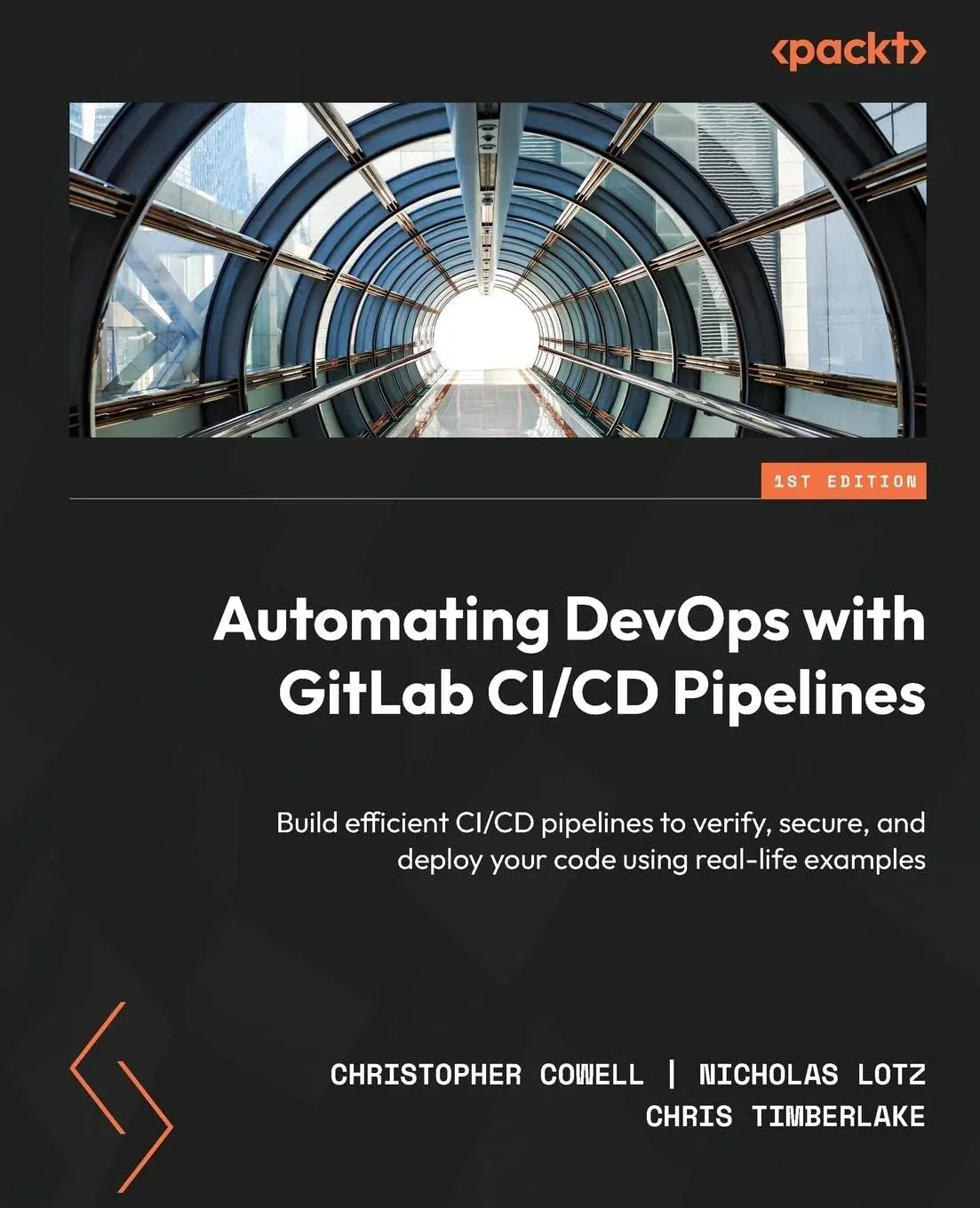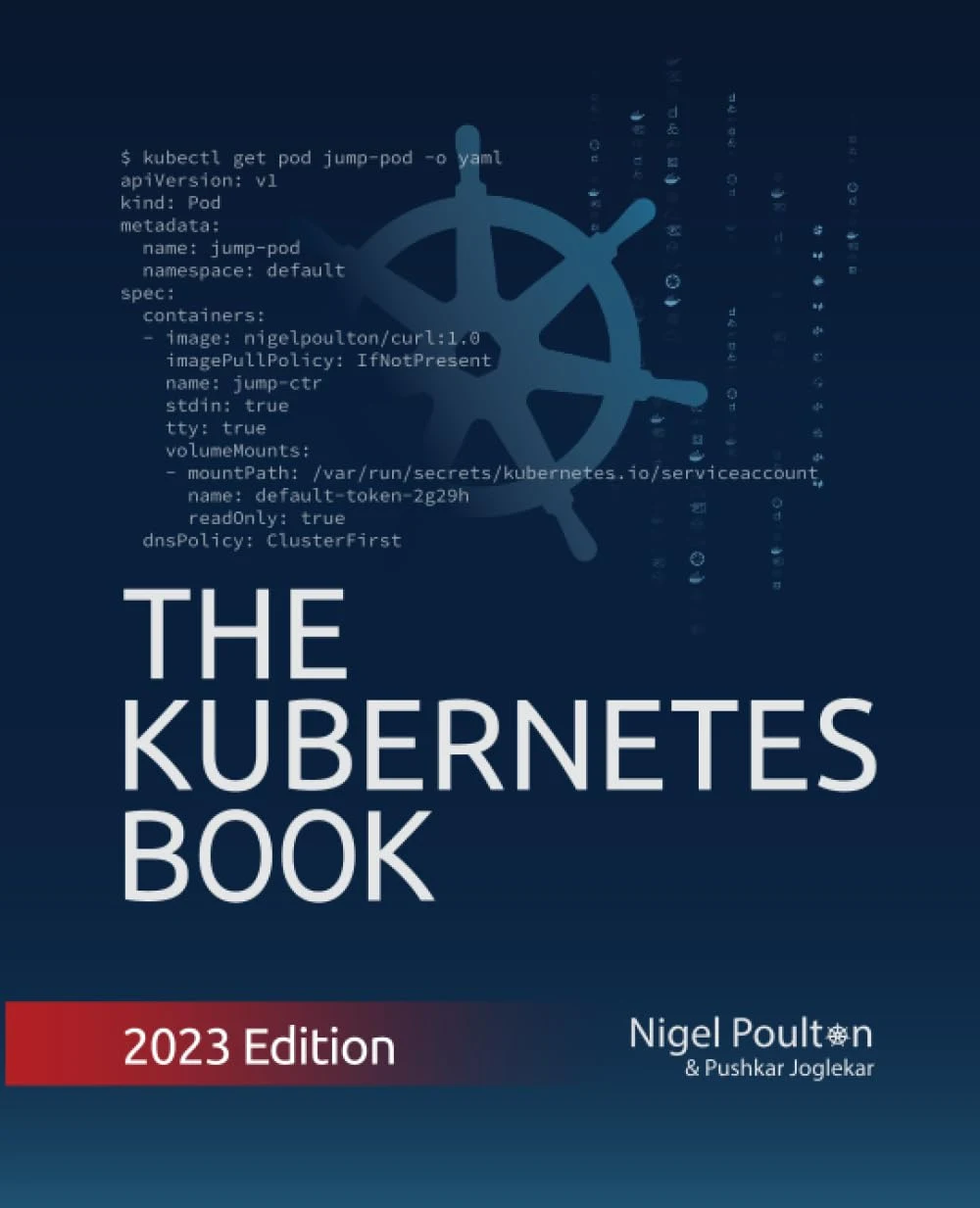In the ever-evolving IT industry, where innovation is the heartbeat of progress, businesses are continually seeking avenues to enhance efficiency, reduce bottlenecks, and accelerate their development processes. One such groundbreaking methodology that has emerged as a beacon of transformative change is DevOps automation. As we embark on this journey of exploration, we will unravel the profound significance of DevOps automation in modern workflows, deciphering how it has become a linchpin for organizations striving to stay ahead in the dynamic landscape of IT.
The drumbeat of progress in technology is relentless, and organizations are under constant pressure to deliver solutions faster, more reliably, and with fewer errors. This is where DevOps automation takes center stage, orchestrating a symphony of streamlined operations, collaboration, and accelerated development cycles.
The term "DevOps" itself is a fusion of "Development" and "Operations," representing a cultural shift and a set of practices that aim to bring together previously siloed teams. At its core, DevOps seeks to break down the traditional barriers between development and operations, fostering a collaborative environment where teams work seamlessly towards common goals.
Now, let's dive into the heart of this transformative paradigm – DevOps automation. As we navigate through the key components, benefits, and real-world applications of DevOps automation, you'll gain insights into how it not only reshapes workflows but also acts as a catalyst for innovation and efficiency in the digital age. Join us on this journey as we uncover the power and potential of DevOps automation, a force shaping the future of technology-driven enterprises.
Table of Contents
Key Components of DevOps Automation
1. Continuous Integration (CI):
In the symphony of DevOps automation, Continuous Integration (CI) stands as the conductor, orchestrating the seamless integration of code changes from diverse contributors into a shared repository. This pivotal component ensures that collaboration among development teams remains harmonious and efficient.
Continuous Integration operates on the fundamental principle of frequent code integration, allowing developers to submit their changes regularly. This approach significantly reduces the likelihood of conflicts and integration issues down the development pipeline. Tools such as Jenkins, GitLab CI, and Travis CI act as enablers, automating the integration process and providing a continuous feedback loop for developers.
2. Continuous Deployment (CD):
Taking the DevOps automation performance to the next act, Continuous Deployment (CD) automates the process of deploying code changes to production environments. Once code passes through the CI stage, CD ensures a swift and reliable journey to the production environment, minimizing manual intervention and reducing the time between code completion and deployment.
CD tools, including Kubernetes, Docker, and Ansible, play a crucial role in automating the deployment process. These tools not only streamline deployments but also contribute to the overall reliability and scalability of the application.
3. Infrastructure as Code (IaC):
The third movement in the DevOps automation composition is Infrastructure as Code (IaC), a transformative concept that brings the benefits of version control and automation to infrastructure management. With IaC, you can manage and provision infrastructure through code, ensuring consistency and repeatability across various environments.
IaC tools, exemplified by Terraform and Chef, empower teams to automate the configuration and deployment of infrastructure. This not only enhances efficiency but also enables teams to scale infrastructure seamlessly based on evolving requirements.
4. Automated Testing:
The final crescendo in the key components of DevOps automation is Automated Testing. This ensures that the code changes introduced by developers undergo rigorous examination before reaching production. Automated testing mitigates the risk of introducing bugs and errors, providing a safety net for the development process.
Tools such as Selenium, JUnit, and Appium automate different aspects of testing, including unit testing, integration testing, and acceptance testing. By automating these testing processes, organizations can maintain a high level of code quality while accelerating the overall development lifecycle.
As we've explored these key components, it becomes evident that DevOps automation is a multifaceted approach, combining CI, CD, IaC, and automated testing to create a harmonious and efficient development pipeline. In the subsequent sections, we will delve deeper into how each of these components contributes to enhancing efficiency, collaboration, and reliability in the world of DevOps.
How DevOps Automation Enhances Efficiency
1. Reduced Time-to-Market:
The first act in the symphony of efficiency that DevOps automation conducts is a dramatic reduction in time-to-market. Automation eliminates the bottlenecks that often plague manual processes, allowing for rapid development, testing, and deployment of code changes. By streamlining these critical stages of the development lifecycle, organizations can bring new features, updates, and innovations to market at an unprecedented pace.
DevOps automation ensures that the time invested in development is focused on creating value rather than navigating through cumbersome manual processes. This acceleration in the development lifecycle not only meets the demands of an agile market but also positions organizations as frontrunners in the race for technological advancement.
2. Enhanced Collaboration:
The second movement in our exploration of efficiency is the enhancement of collaboration between development and operations teams. DevOps automation breaks down the silos that traditionally separated these teams, fostering a culture of shared responsibility and collaboration.
Through automated processes, communication channels are strengthened, and teams can seamlessly collaborate on the entire development pipeline. From code integration through testing to deployment, DevOps automation ensures that every team member is on the same page, leading to quicker issue resolution, improved problem-solving, and an overall more cohesive development process.
3. Minimized Errors:
In the realm of efficiency, reducing errors is a critical performance indicator, and DevOps automation takes center stage in achieving this goal. Human errors are inevitable, but automation introduces a layer of consistency and reliability that mitigates the impact of these errors.
Automated testing, a key component of DevOps, systematically verifies code changes, ensuring that bugs and issues are identified early in the development process. This proactive approach minimizes the risk of deploying faulty code to production, reducing downtime, and enhancing the overall stability of applications.
4. Scalability and Flexibility:
The final crescendo in our exploration of efficiency is the scalability and flexibility that DevOps automation affords organizations. In a dynamic business environment, the ability to scale infrastructure up or down based on demand is a competitive advantage.
Infrastructure as Code (IaC) enables teams to adapt to changing requirements by automating the deployment and configuration of resources. This not only ensures optimal performance but also provides organizations with the flexibility to meet the evolving needs of their users and customers.
In essence, DevOps automation serves as a catalyst for efficiency, ensuring that organizations not only keep pace with technological advancements but also lead the way in delivering high-quality solutions to the market. The following sections will delve deeper into the tangible benefits and real-world applications of these efficiency-driven practices in the context of DevOps automation.
Must-Read Books for DevOps Automation
In the ever-evolving landscape of DevOps automation, staying informed and mastering the tools at your disposal is crucial. Here are four must-read books that delve into the intricacies of various DevOps tools, providing invaluable insights and practical knowledge for both beginners and seasoned professionals.
Recommended DevOps Book by Technest

Ansible for DevOps: Server and Configuration Management for Humans
Author: Jeff Geerling
This book serves as a gateway for those familiar with the command line and basic shell scripting, guiding them into the powerful realm of Ansible. Jeff Geerling explores Ansible's capabilities, helping readers provision and manage anywhere from one to thousands of servers. The simplicity and potency of Ansible come to life through real-world examples, making it an essential read for those seeking efficient server and configuration management.

Automating DevOps with GitLab CI/CD Pipelines: Build Efficient CI/CD Pipelines to Verify, Secure, and Deploy
Author: Alex Coles
In this comprehensive guide, Alex Coles navigates through the fundamentals of Git and GitLab, providing real-life examples to illustrate the construction of efficient CI/CD pipelines. The book covers setting up GitLab Runners, configuring pipelines for various software development lifecycle steps, and even delves into advanced features like connecting GitLab to a Kubernetes cluster. A must-read for developers and release engineers aiming to streamline their code implementation, development, and deployment processes.

Docker Deep Dive: 2023 Edition
Author: Nigel Poulton
As the demand for Docker skills rises, Nigel Poulton's "Docker Deep Dive" provides a comprehensive resource for mastering containerized applications. This book offers in-depth explanations of core concepts, accompanied by step-by-step guidance on creating and managing containerized applications. Whether you're a novice or an experienced professional, this edition equips you with the knowledge and skills needed to navigate the container and cloud-native ecosystems confidently.

The Kubernetes Book: 2023 Edition
Author: Nigel Poulton
Nigel Poulton's "The Kubernetes Book" is a timeless guide that remains up-to-date with the latest trends in Kubernetes. This edition demystifies Kubernetes architecture and core concepts, making it a beginner-friendly yet comprehensive resource. It covers essential topics such as Pods, Deployments, Services, and more. For software developers, system administrators, cloud engineers, and architects, this book is an indispensable tool for mastering Kubernetes and navigating the cloud-native landscape.
As we reach the final notes of our exploration into the realm of DevOps automation, the melody of transformative change and enhanced efficiency resounds. The journey through key components and efficiency-driven practices has illuminated the profound impact DevOps automation can have on modern workflows, development lifecycles, and collaborative environments.
In the grand orchestration of Continuous Integration (CI), Continuous Deployment (CD), Infrastructure as Code (IaC), and Automated Testing, organizations find not just a set of practices but a cultural shift that propels them into a new era of technological prowess. DevOps automation, with its ability to streamline operations and amplify collaboration, emerges as a linchpin for businesses striving not merely to adapt but to thrive in the dynamic landscape of IT.
The accelerated time-to-market, fortified collaboration, minimized errors, and the scalability and flexibility bestowed by DevOps automation collectively contribute to a harmonious symphony of innovation. Organizations that embrace these practices position themselves at the forefront of technological advancement, delivering solutions with unprecedented speed, reliability, and quality.
As we close this chapter, the call to action lies in the hands of those ready to embark on their DevOps automation journey. Thoughtful implementation, continuous improvement, and a commitment to embracing change will be the guiding principles for success. DevOps automation is not just a methodology; it's a mindset that propels organizations toward a future where efficiency, collaboration, and innovation converge.
May the insights gained in this exploration serve as a compass, guiding you through the ever-evolving landscape of technology. As the curtain falls on this narrative, let the transformative power of DevOps automation resonate in your endeavors, driving your organization toward new heights of success in the digital age.
Related Articles:
- Key Criteria for Choosing a Programming Language
- AI vs Data Science - Understanding the Key Differences and Synergies
- The Future of Machine Learning - Trends and Transformations
- Unlocking the Path - How to Get Into Data Science
- Difference between Artificial Intelligence, Machine Learning, and Deep learning






0 Comments